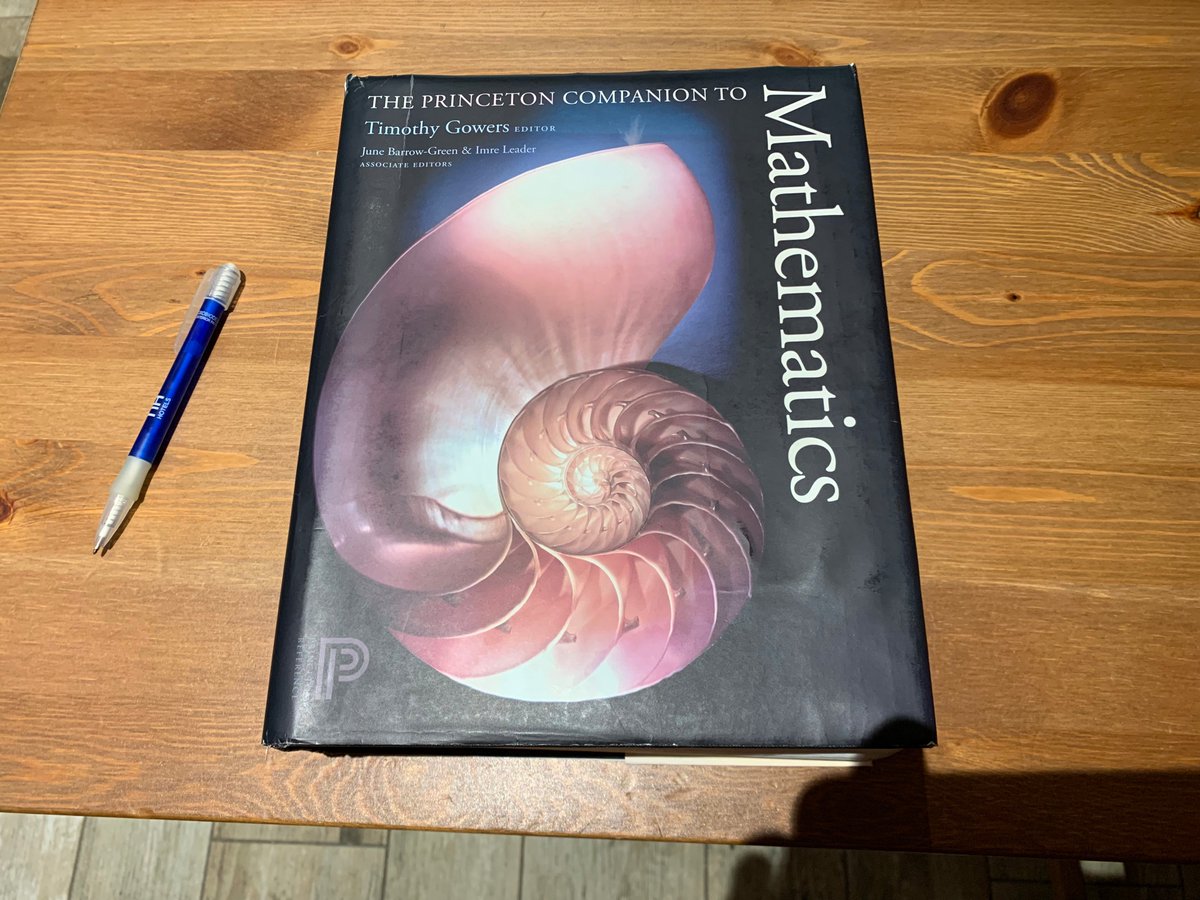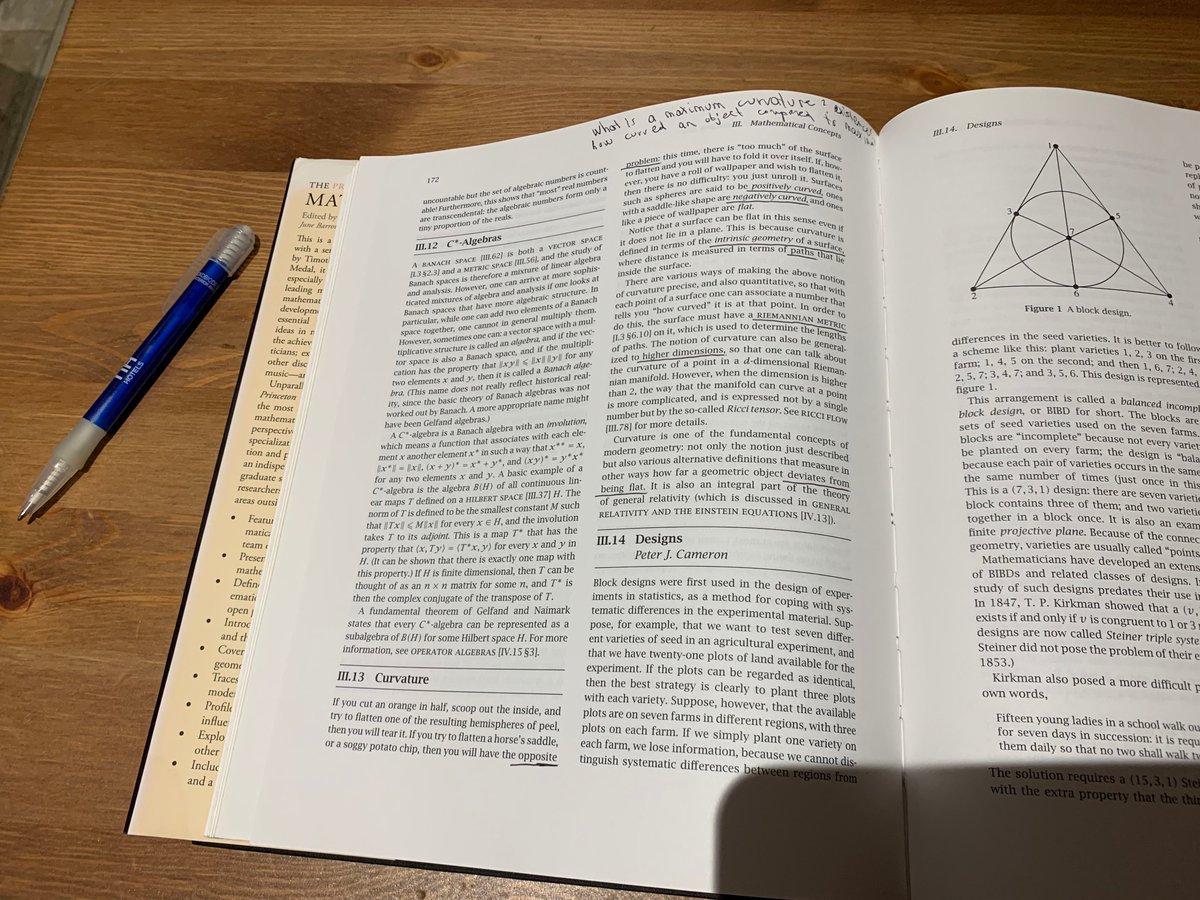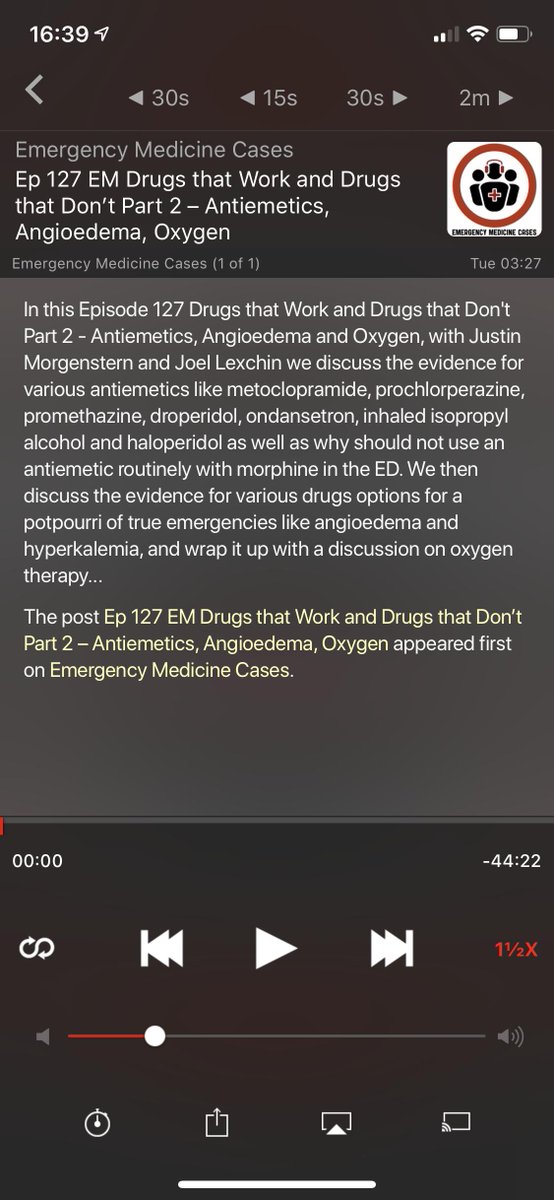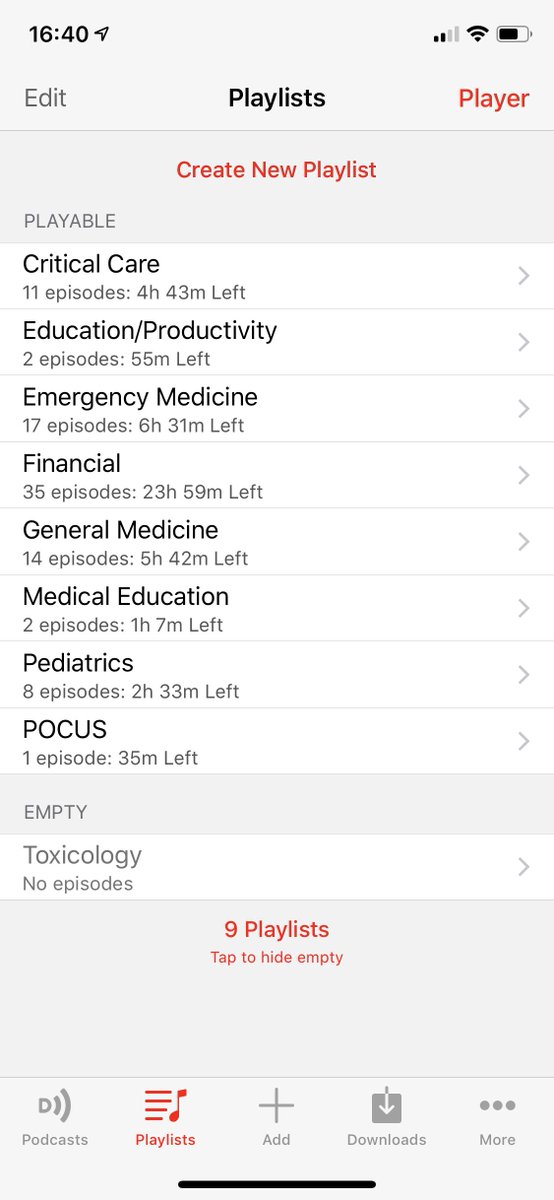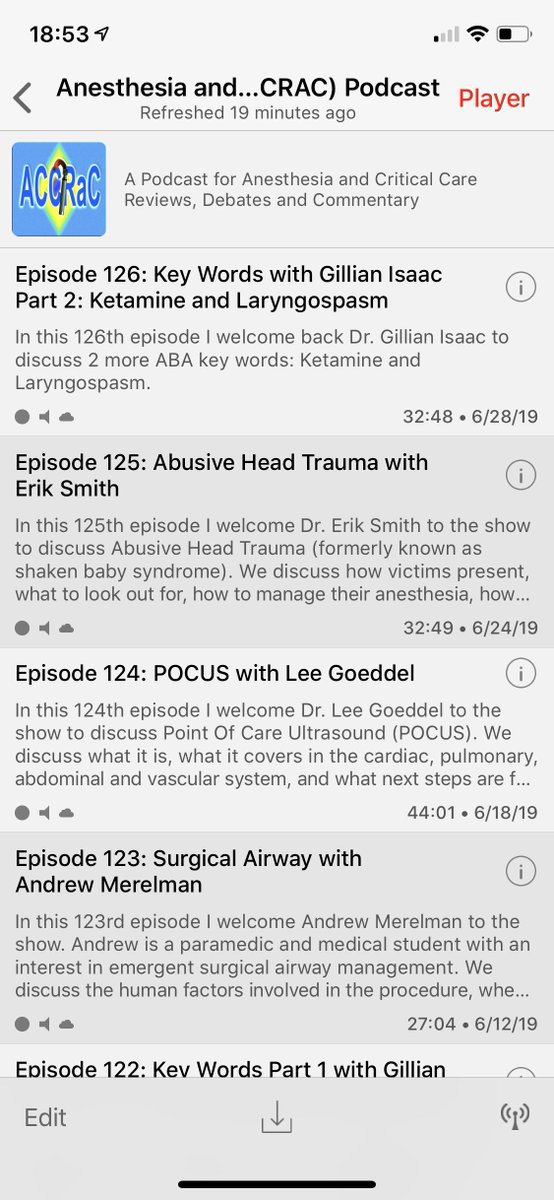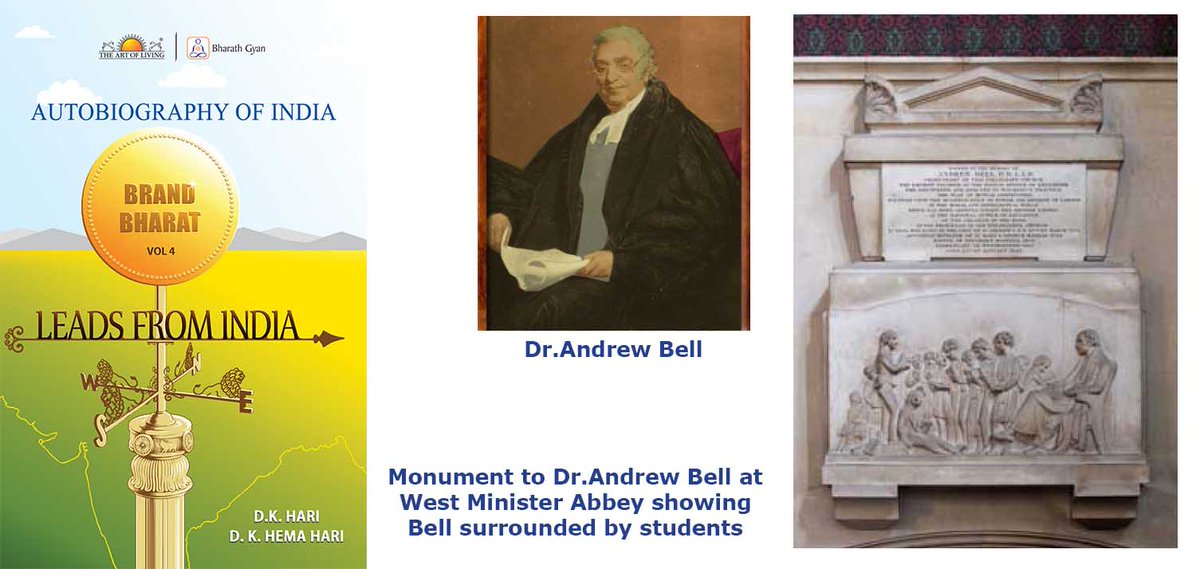Question: is ‘daily life (and its situations)’ a knowledge domain?
Can one learn to become an expert in ‘daily life’?
I am asking this for a friend who thinks that it is fair to test mastery of math by hiding math problems in situations of daily life.
Oh wait. Culture-free tests are impossible. ‘Culture fair test’ might be better: dictionary.apa.org/culture-fair-t…
Guess what. Yes, indeed. The Raven test showed the strongest ‘Flynn effect’.
If not guided (eg. private), it is problem solving. If guided (eg. vocational), it is training.





